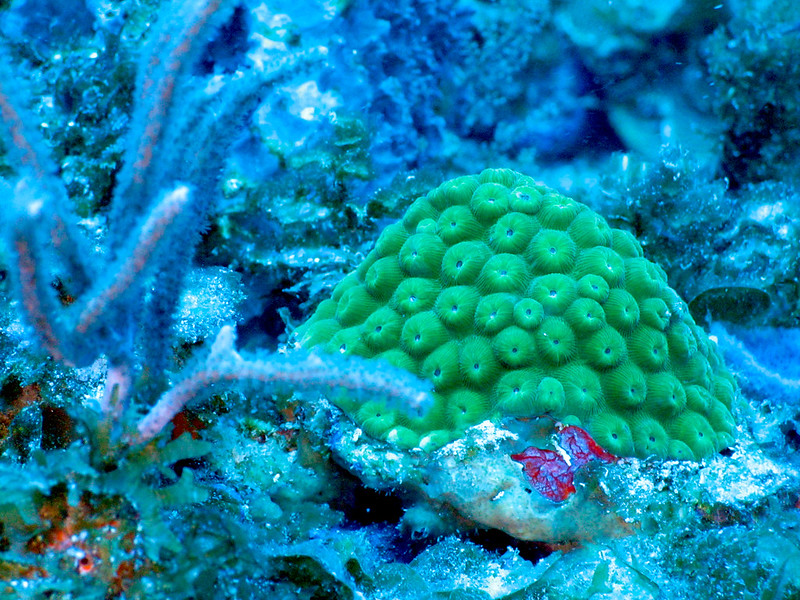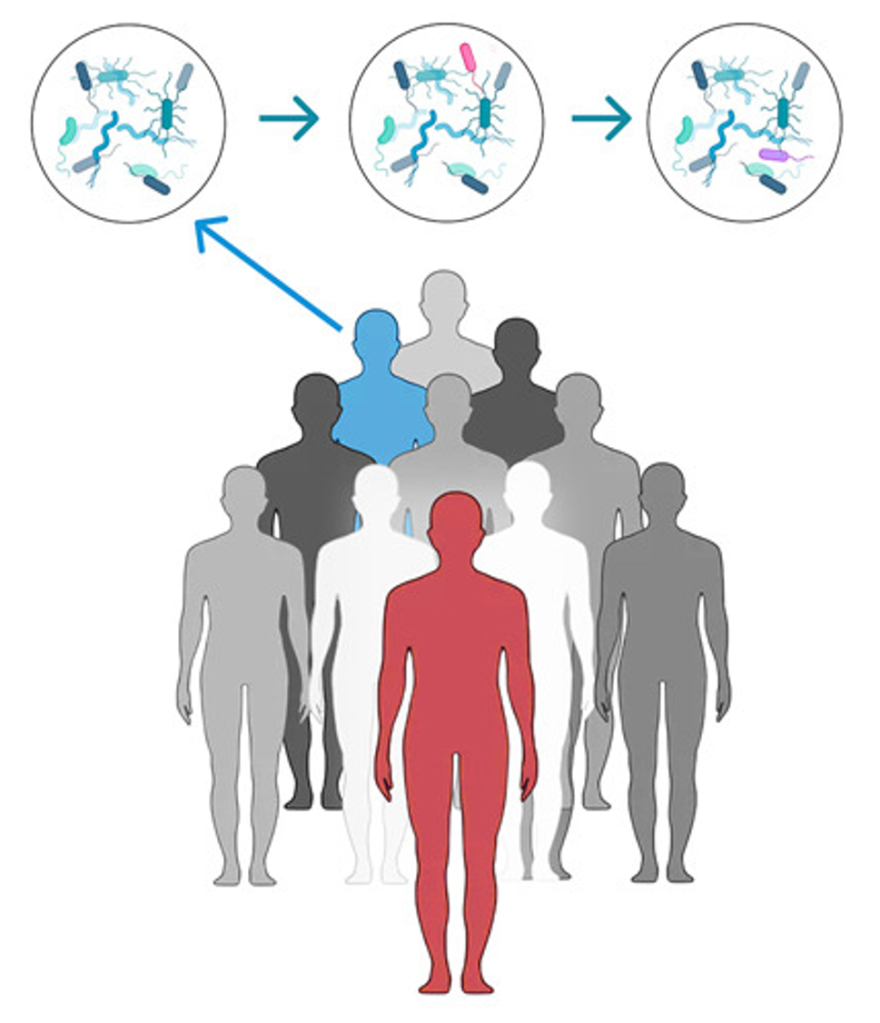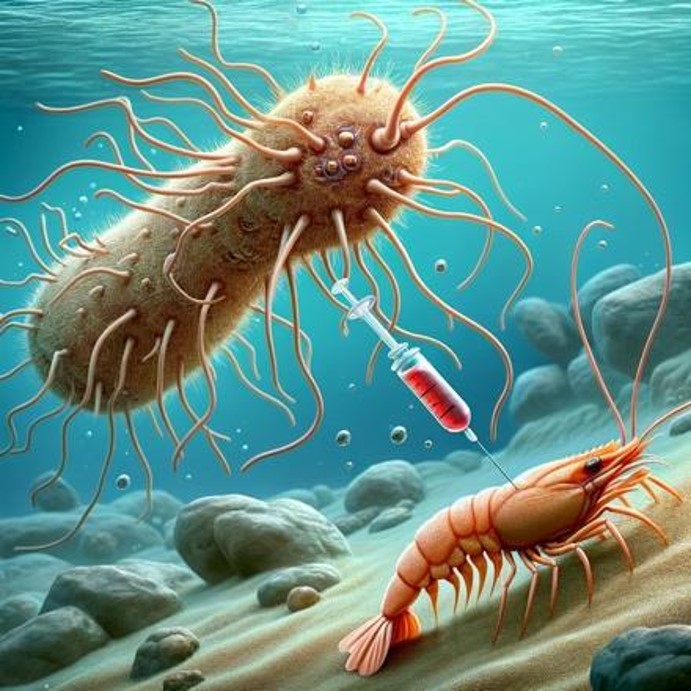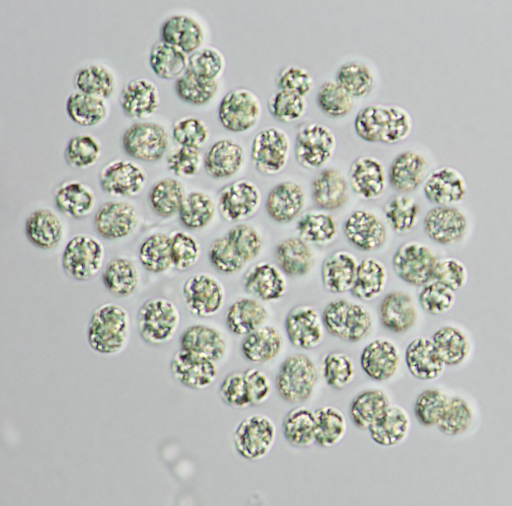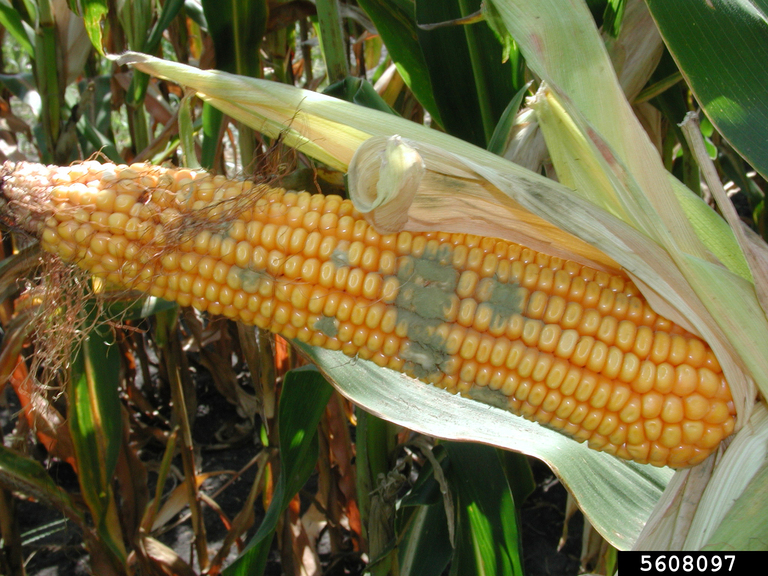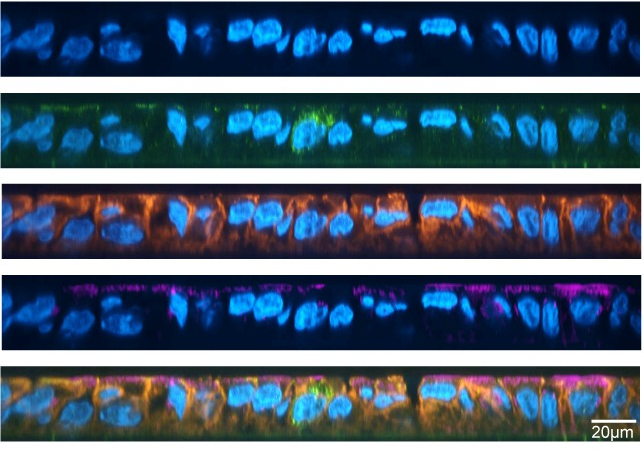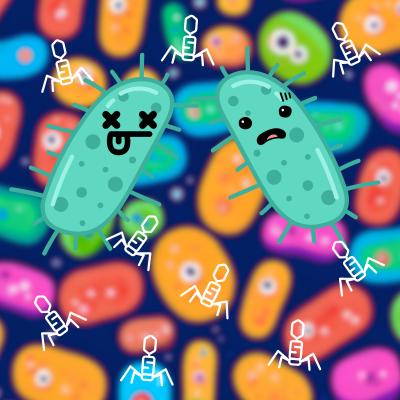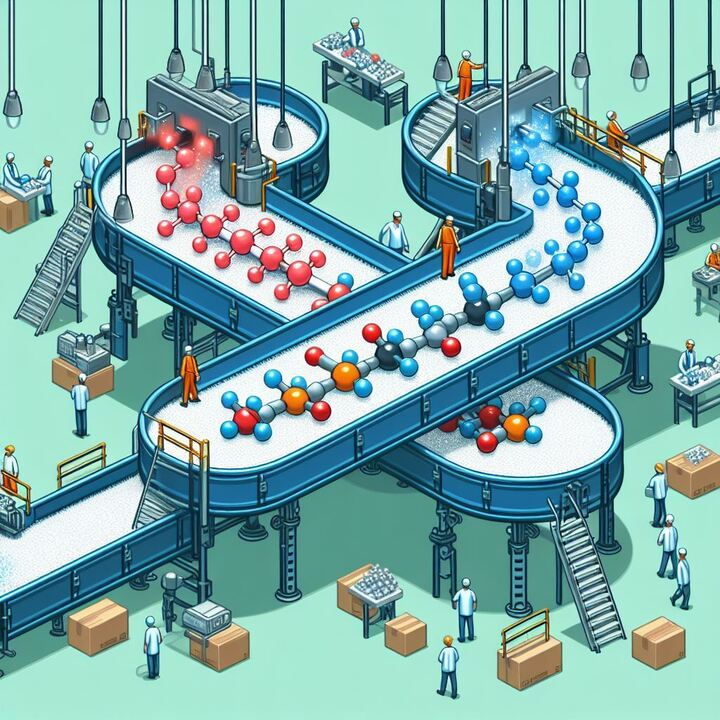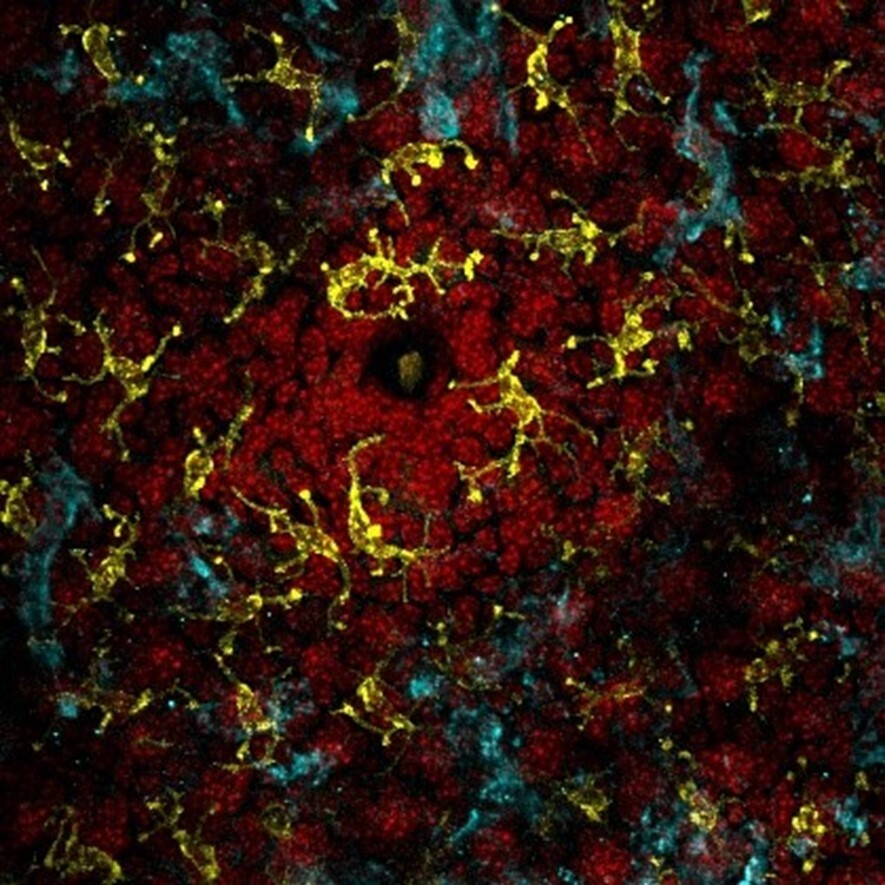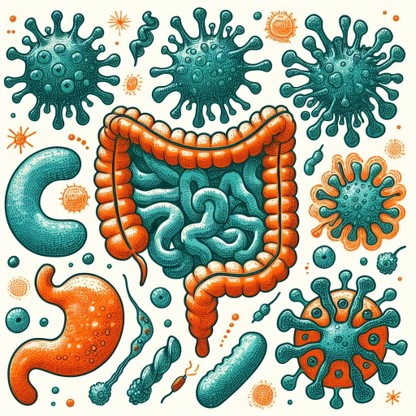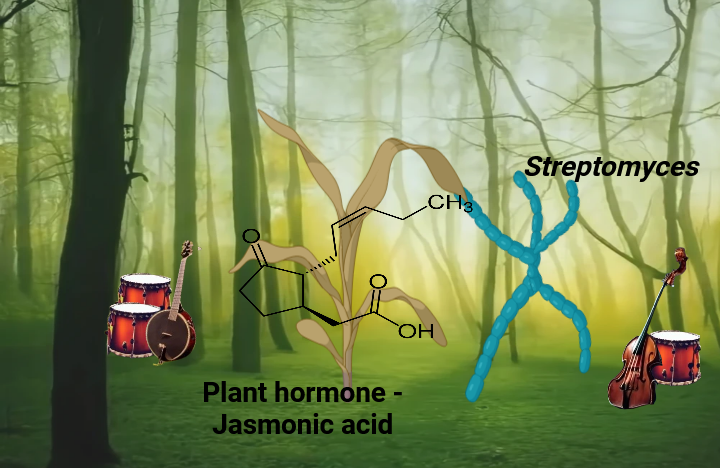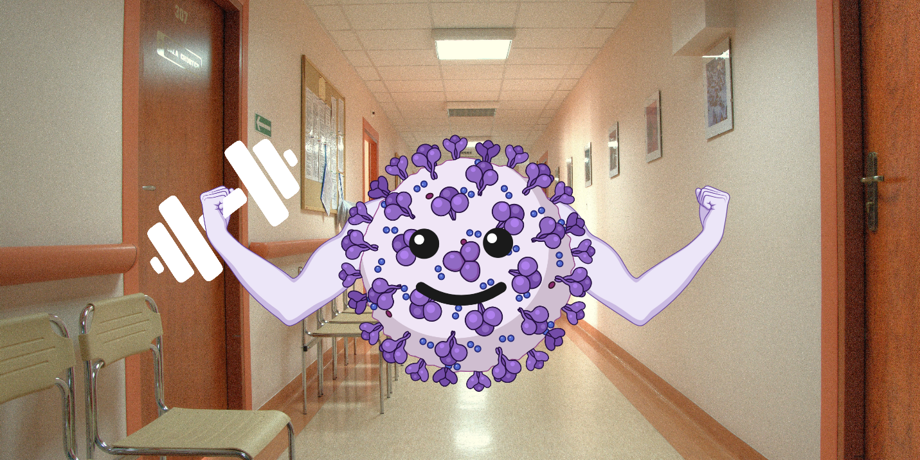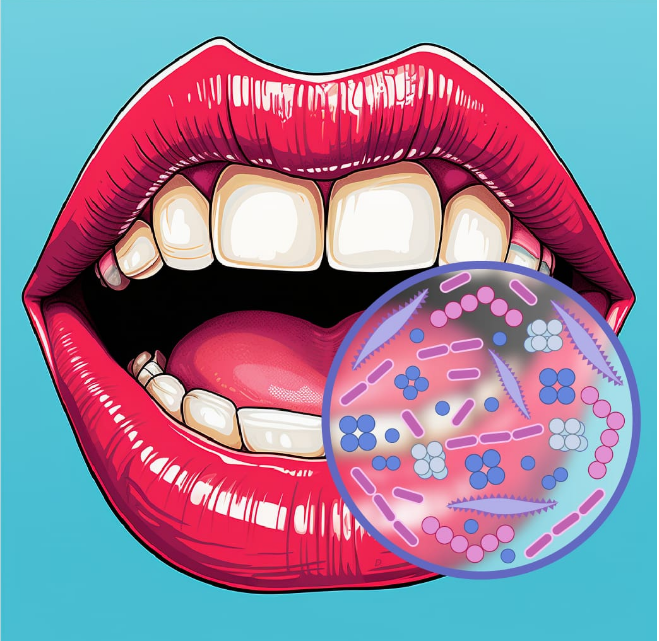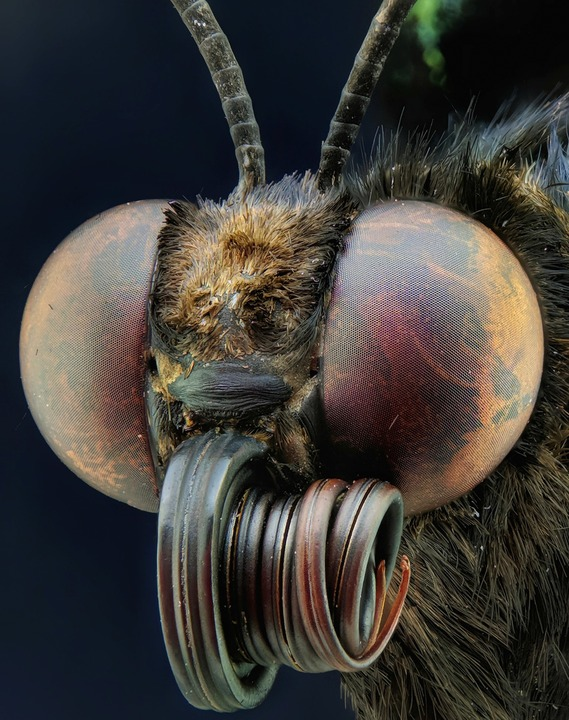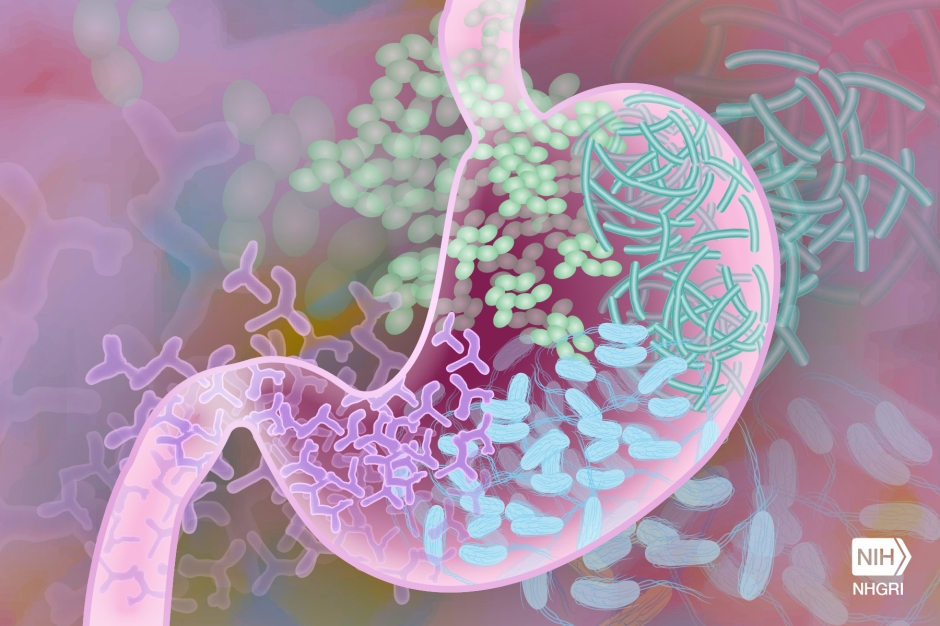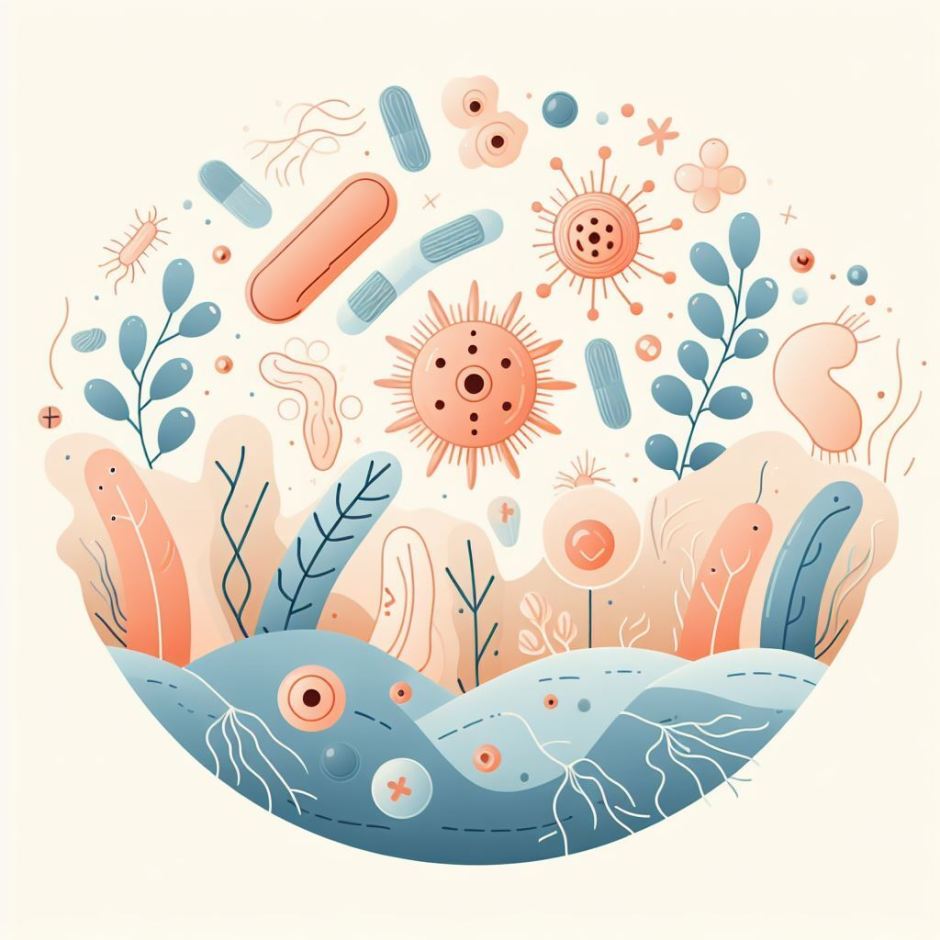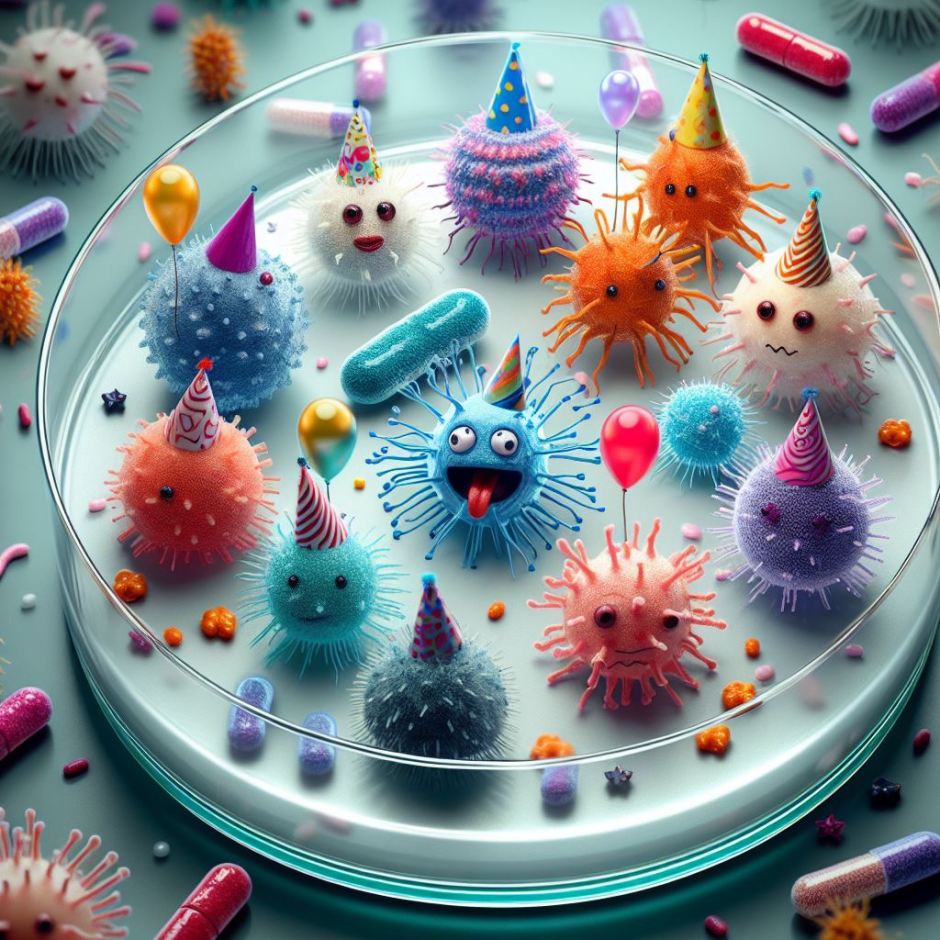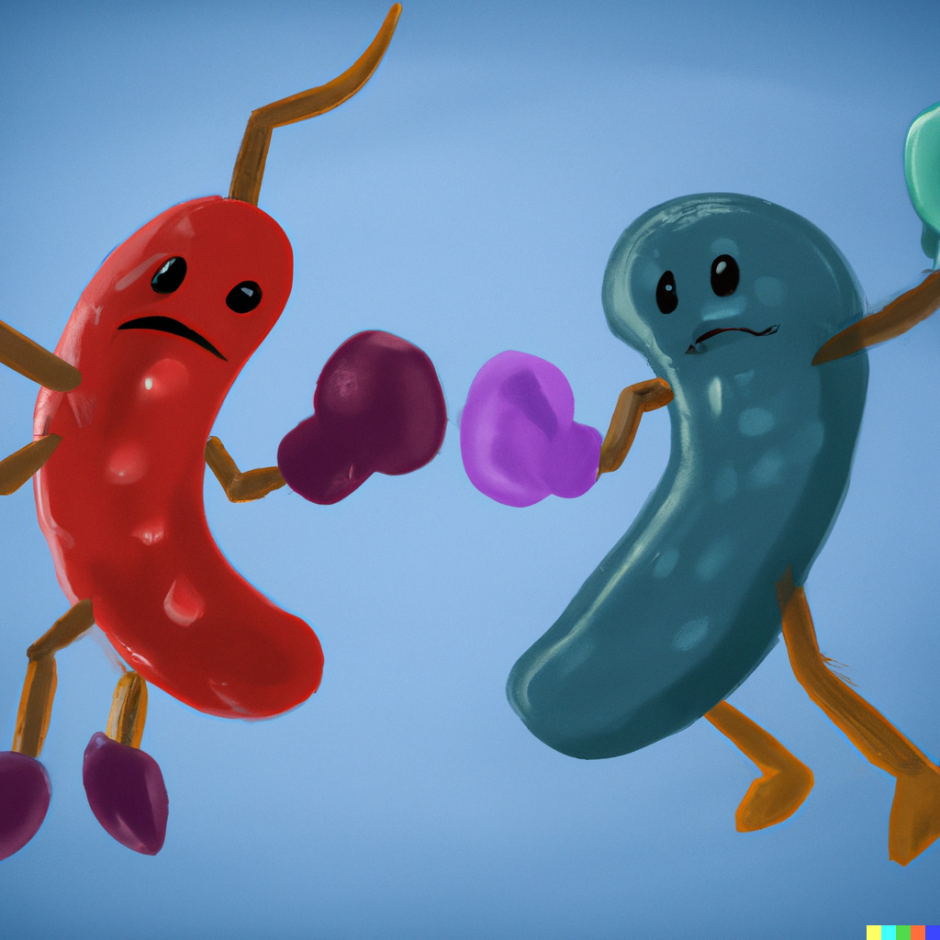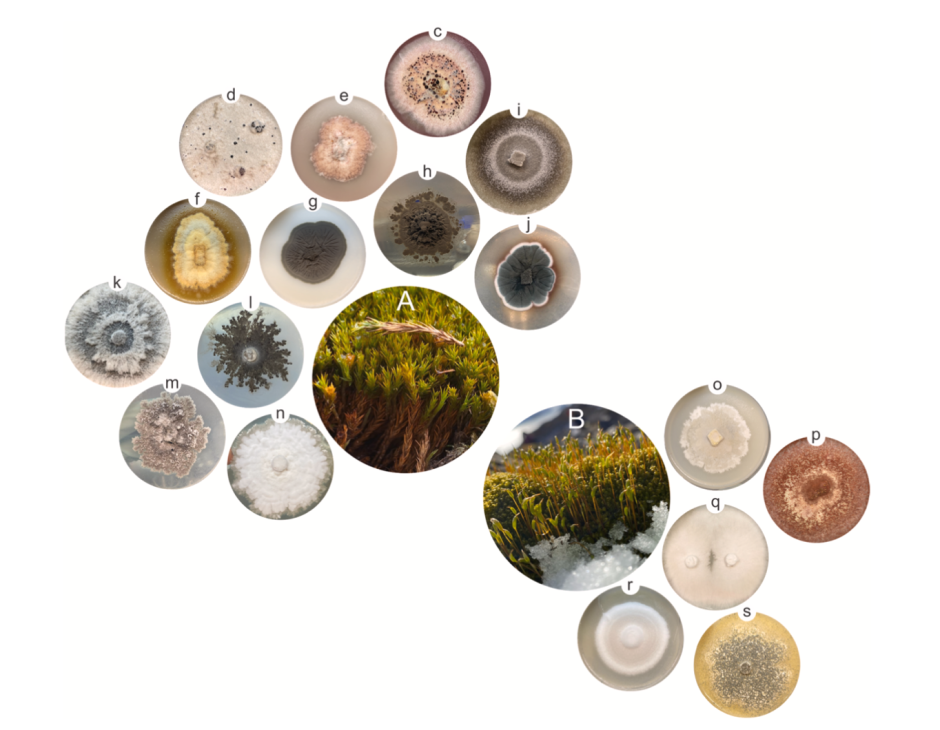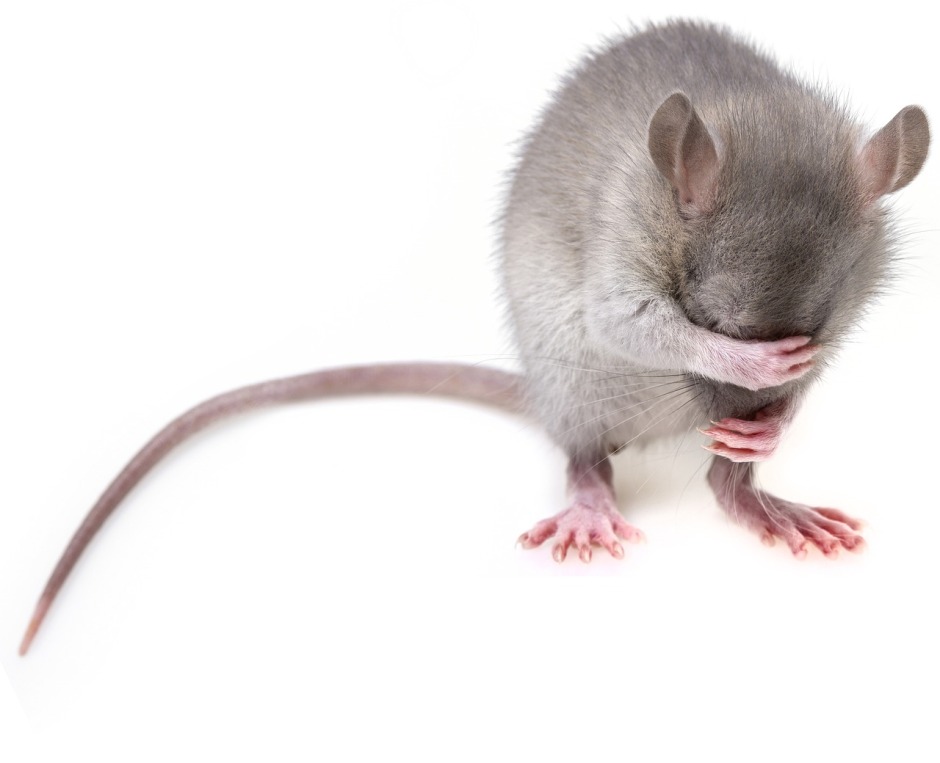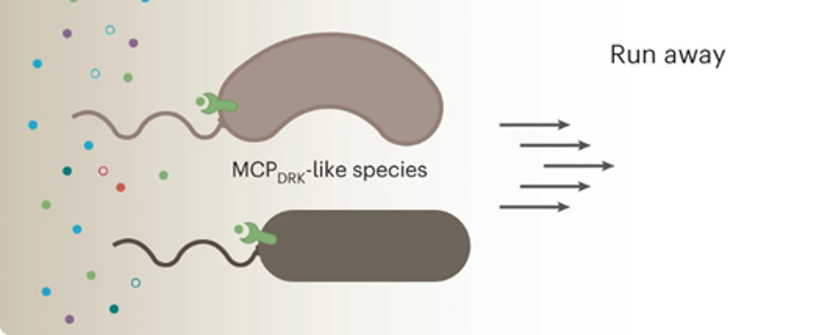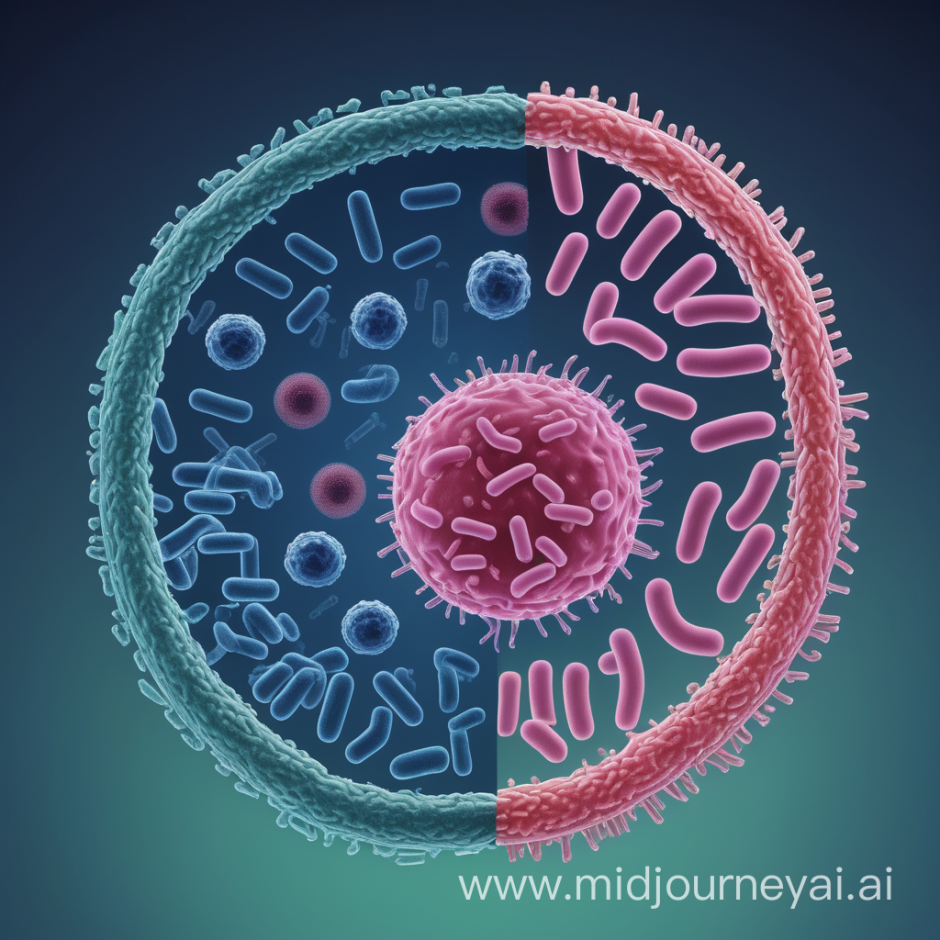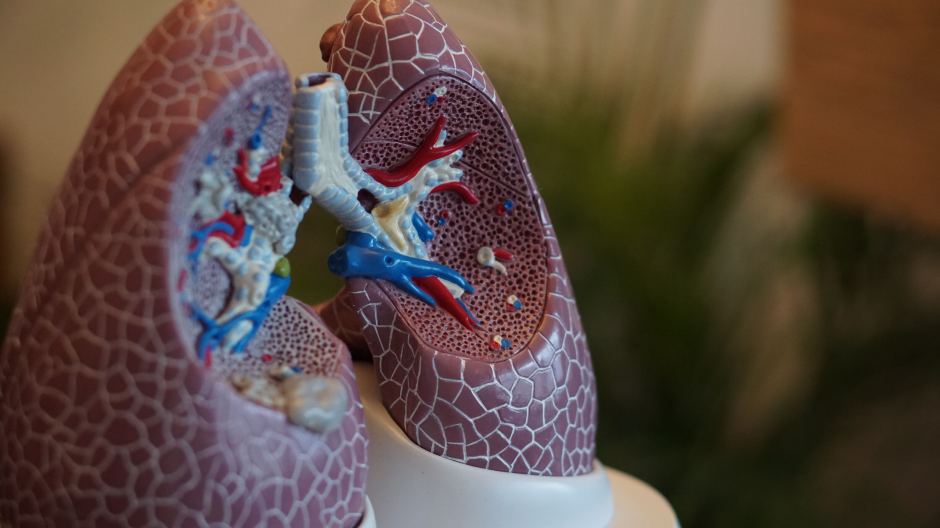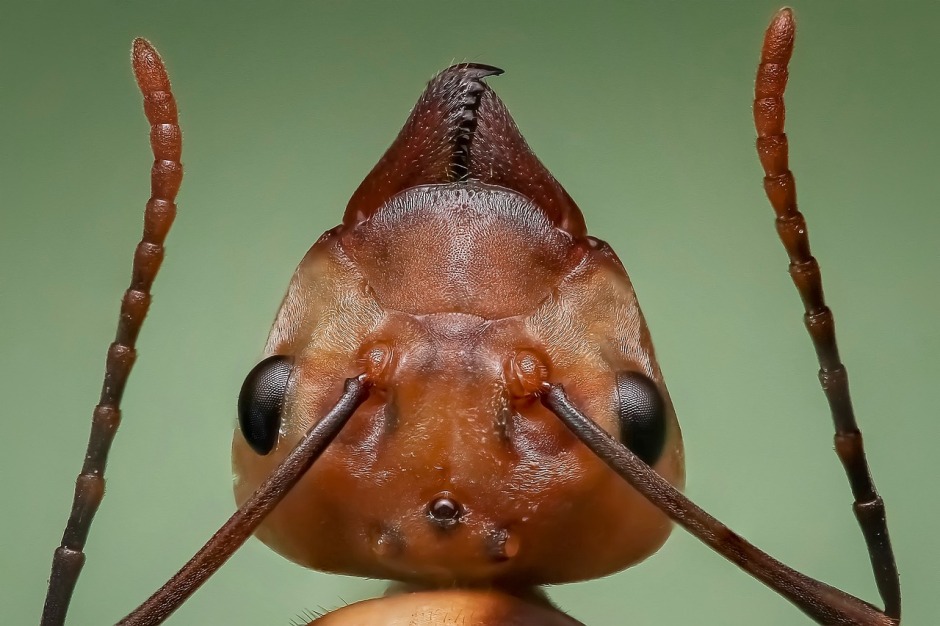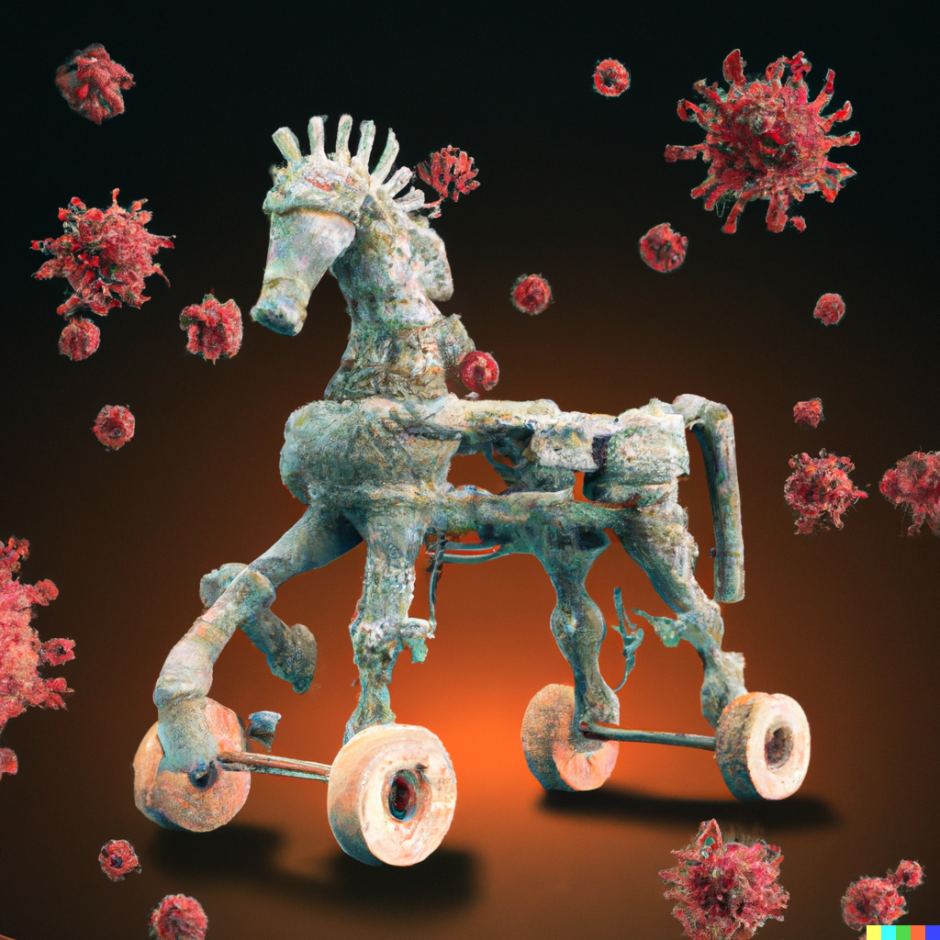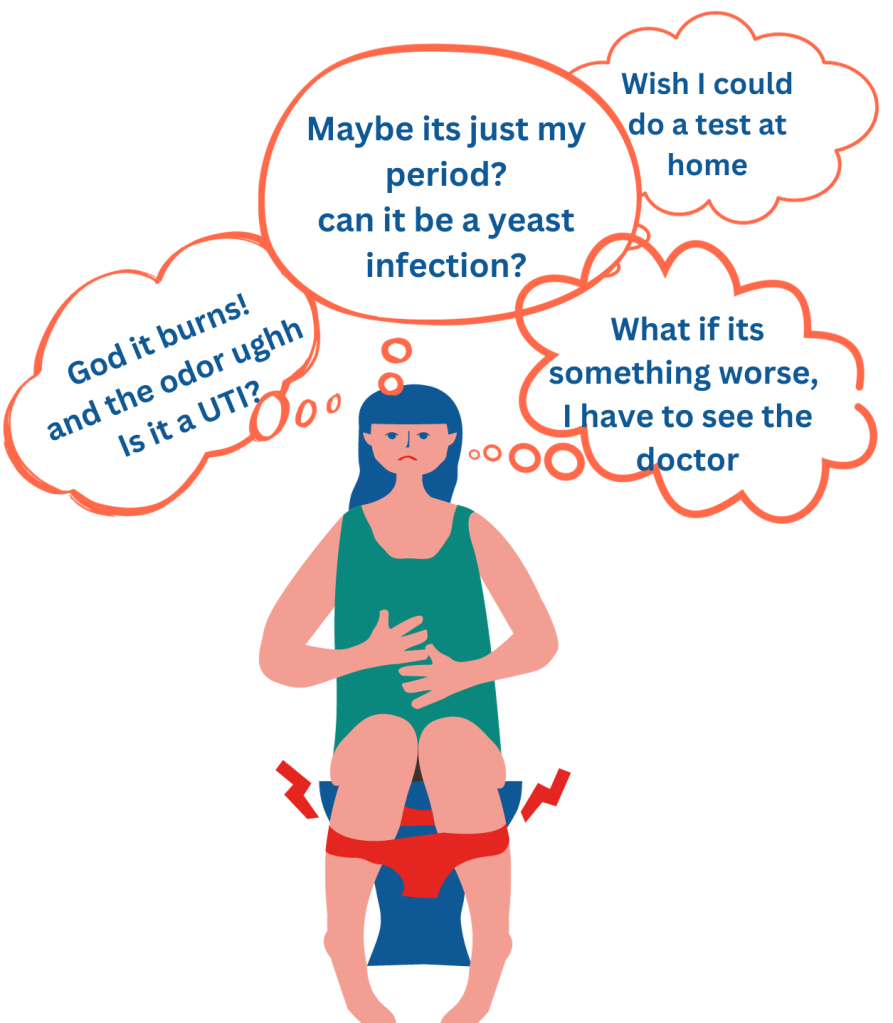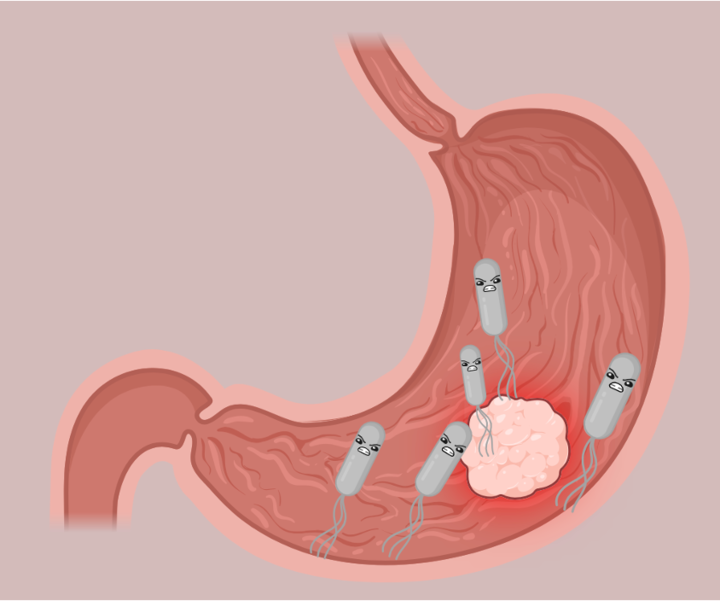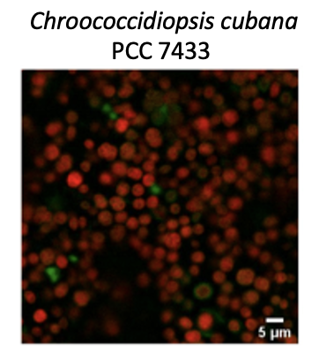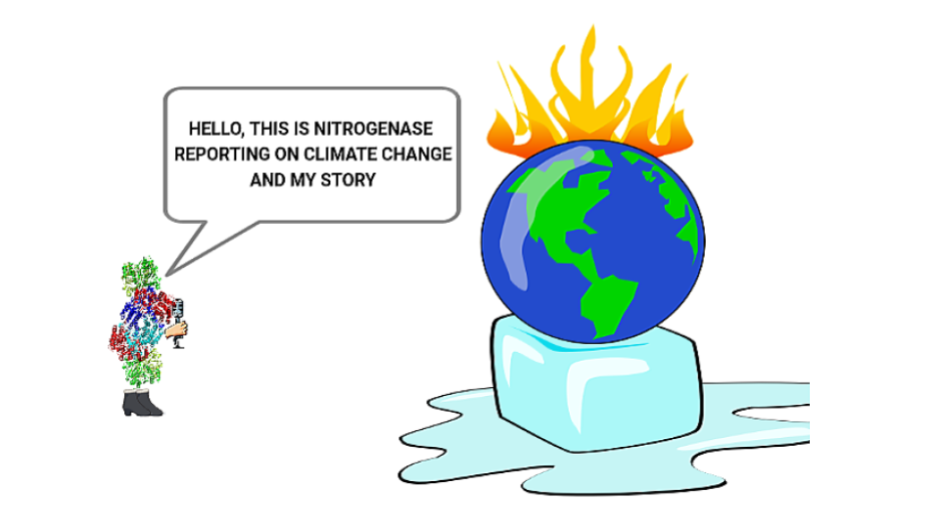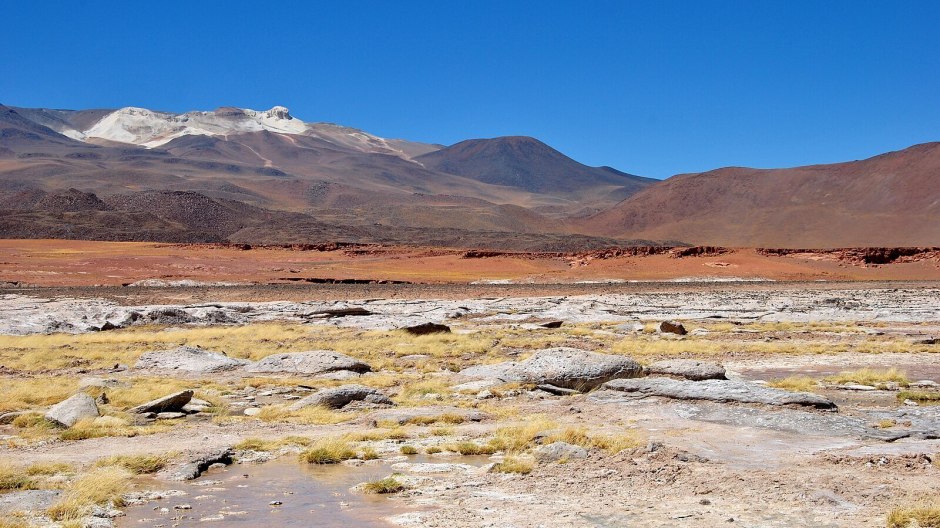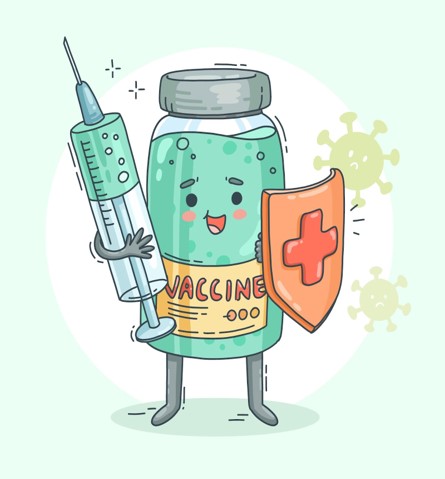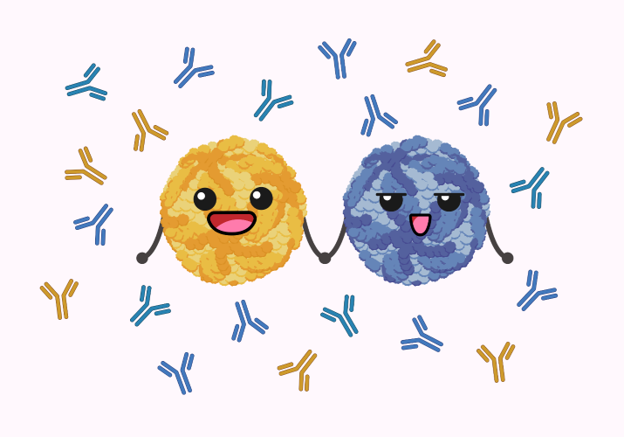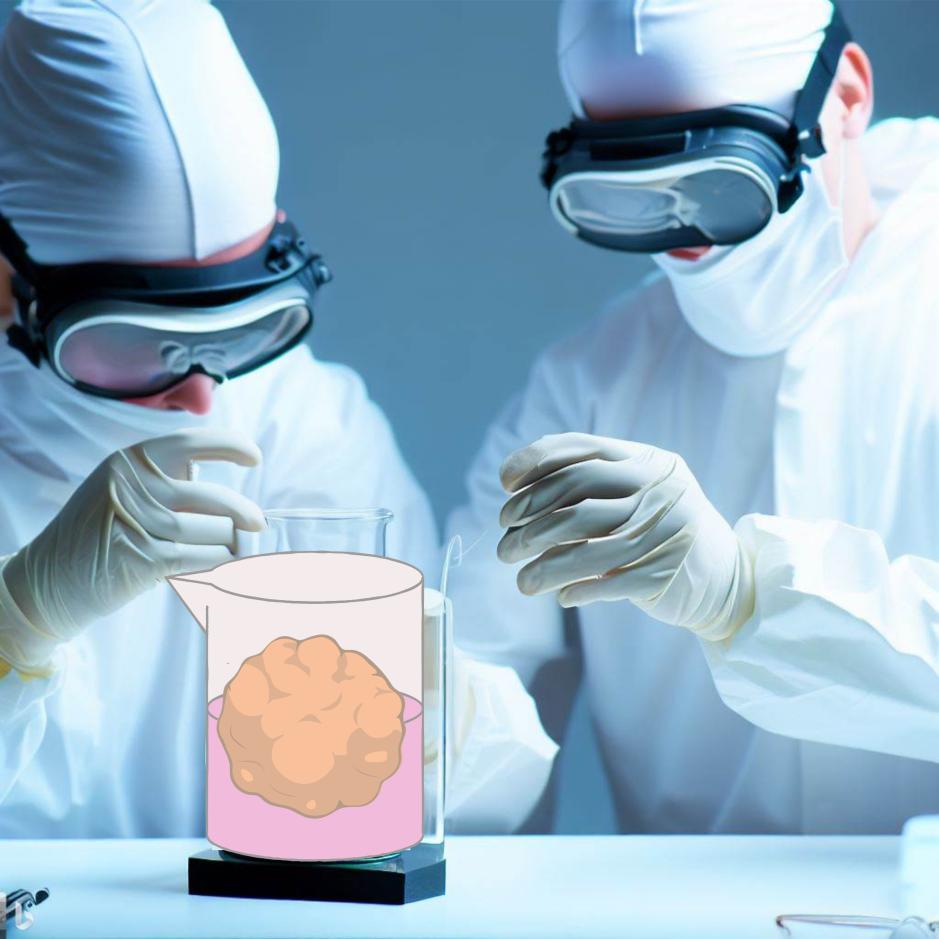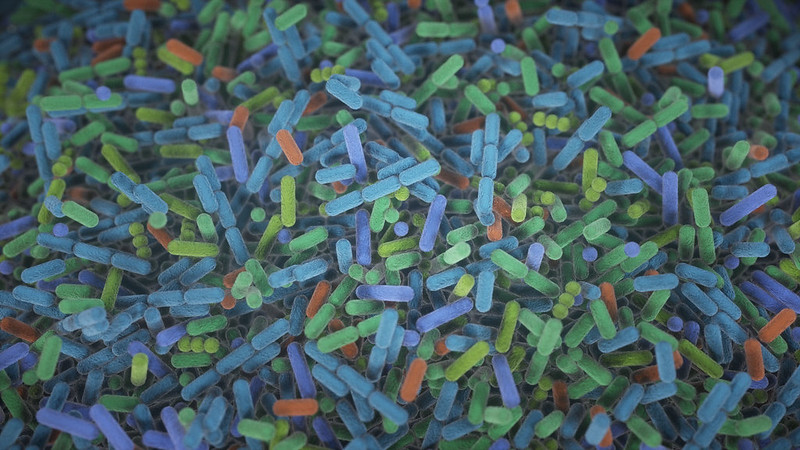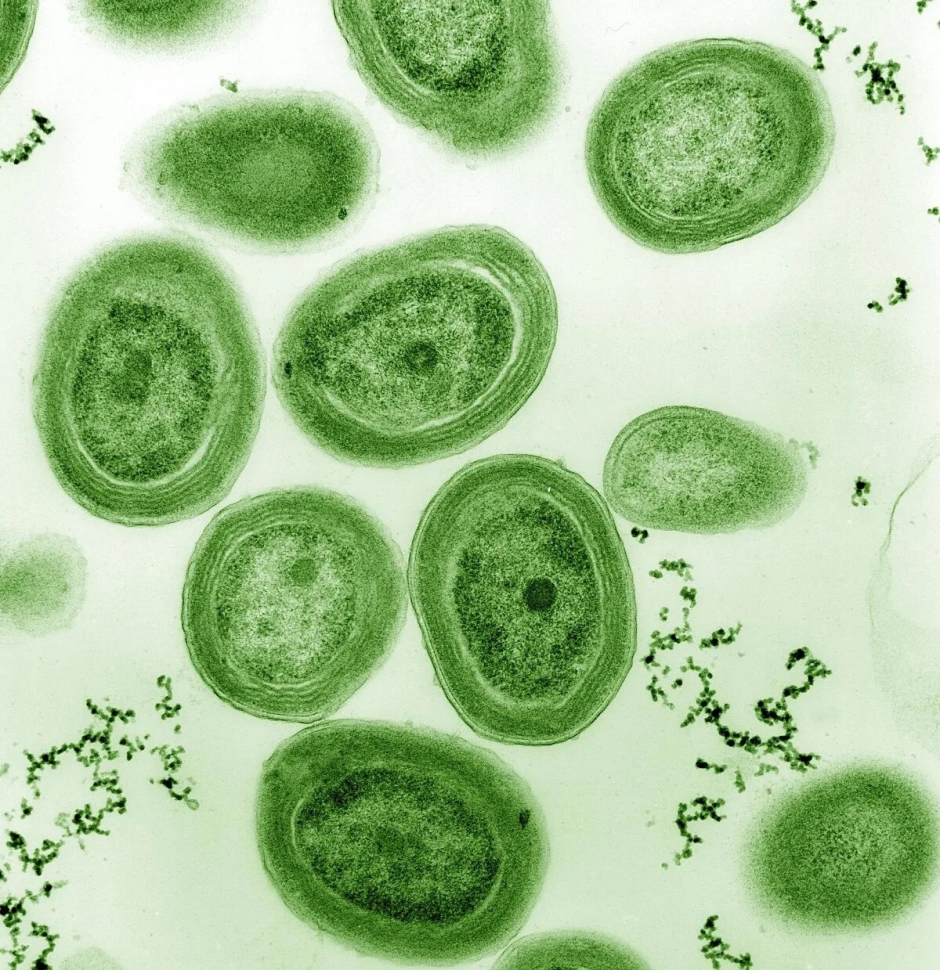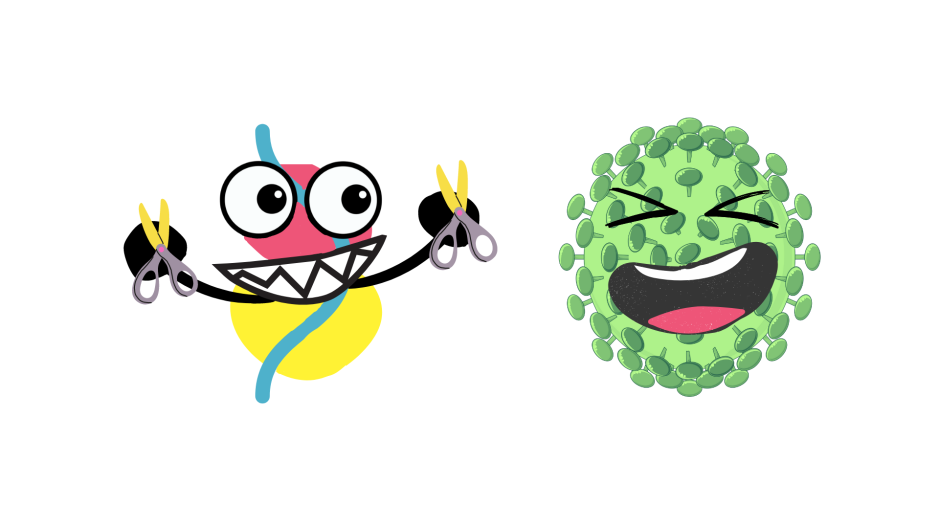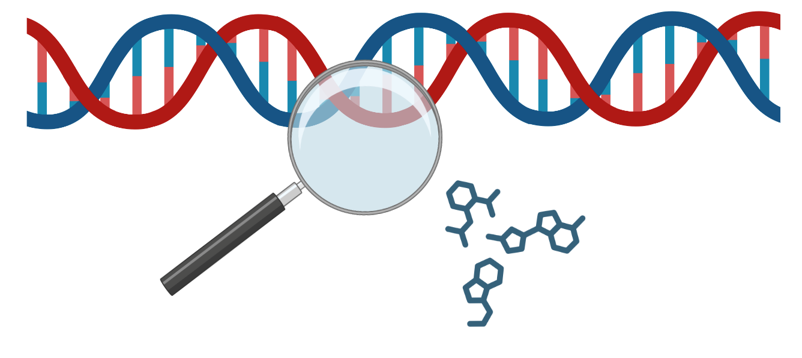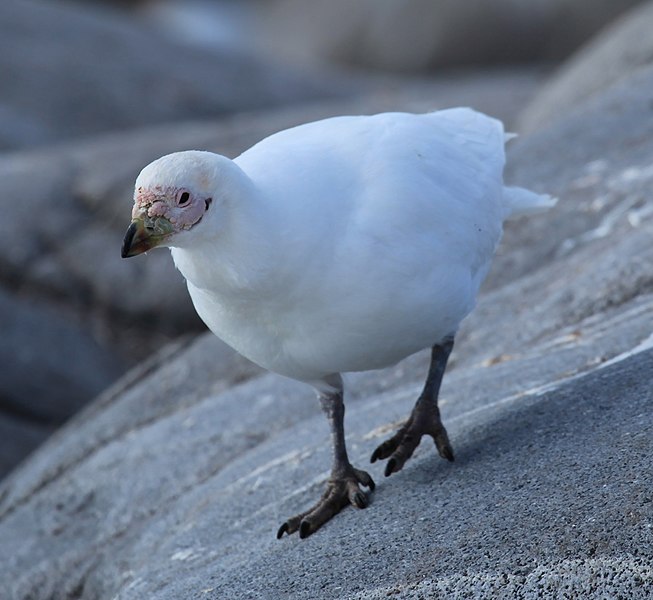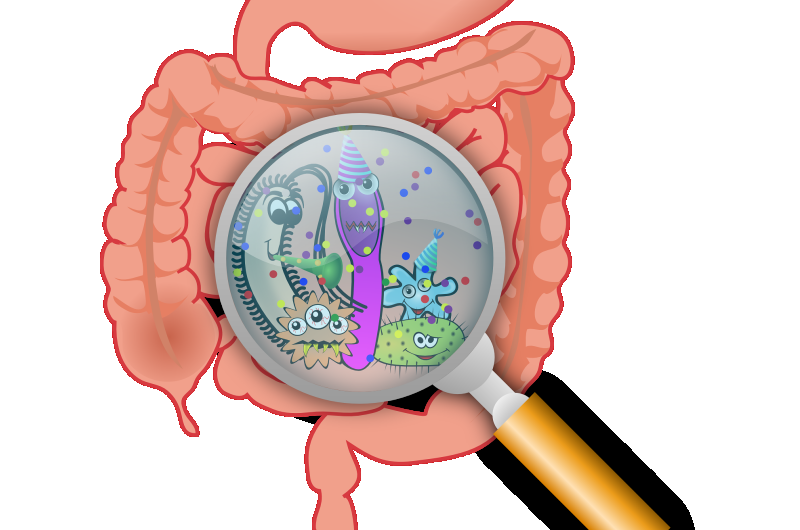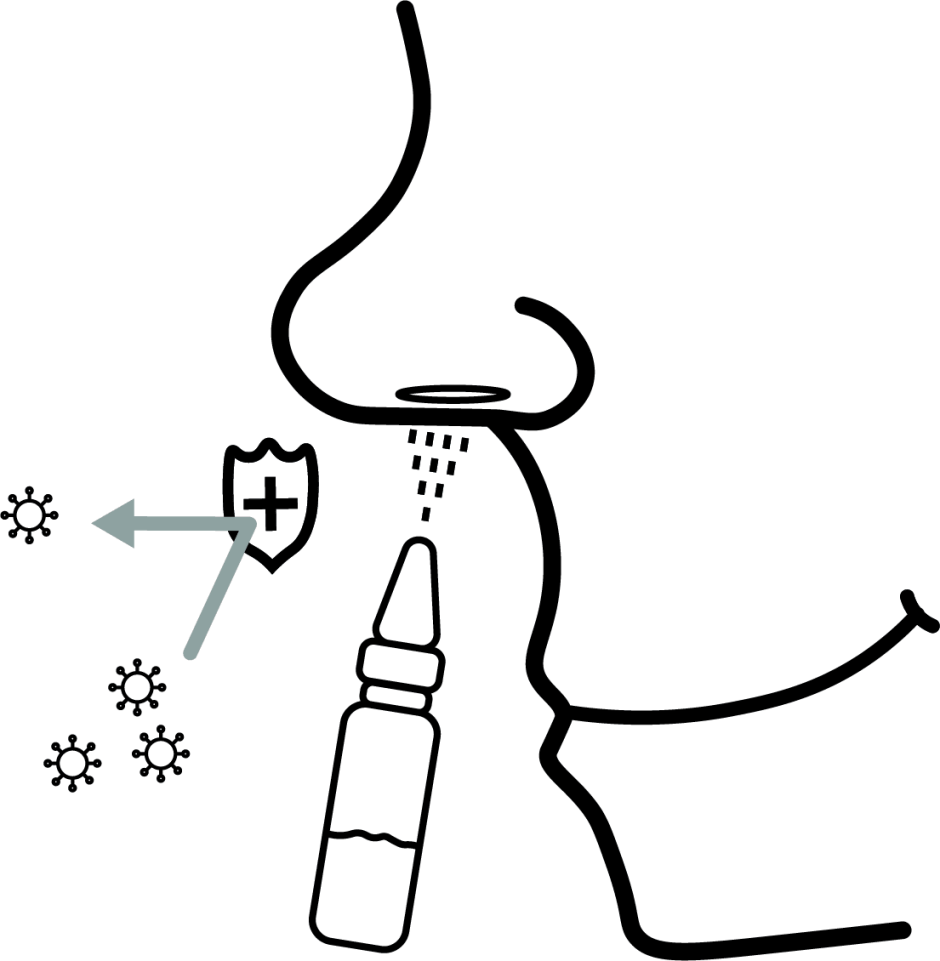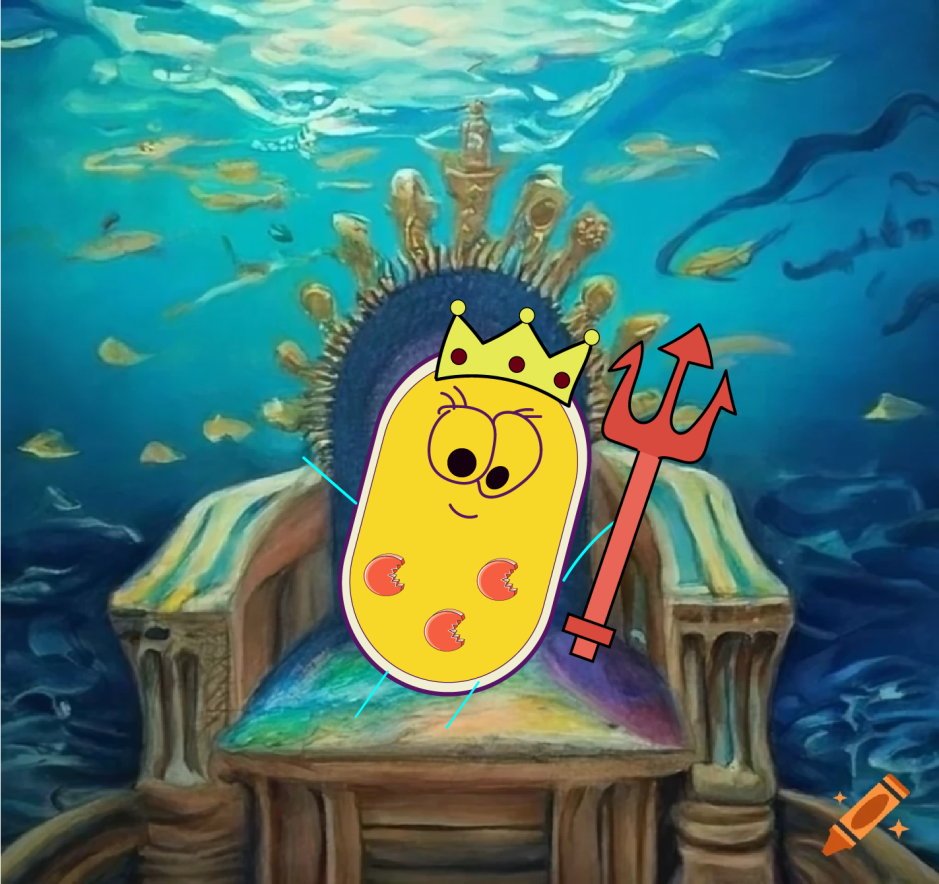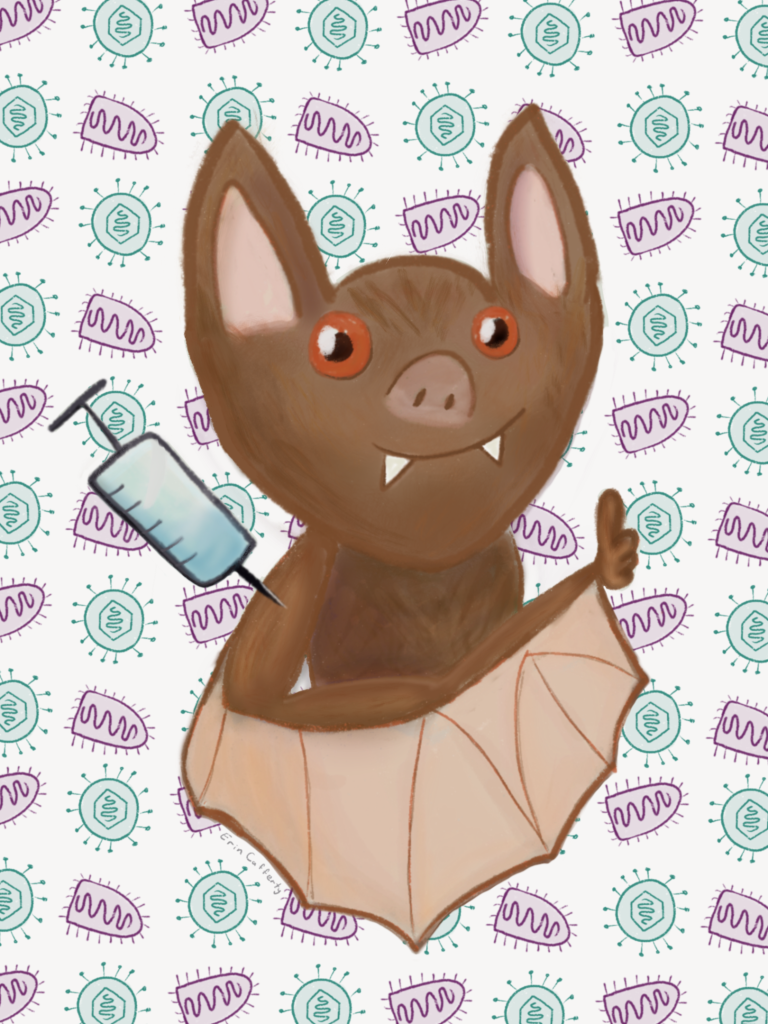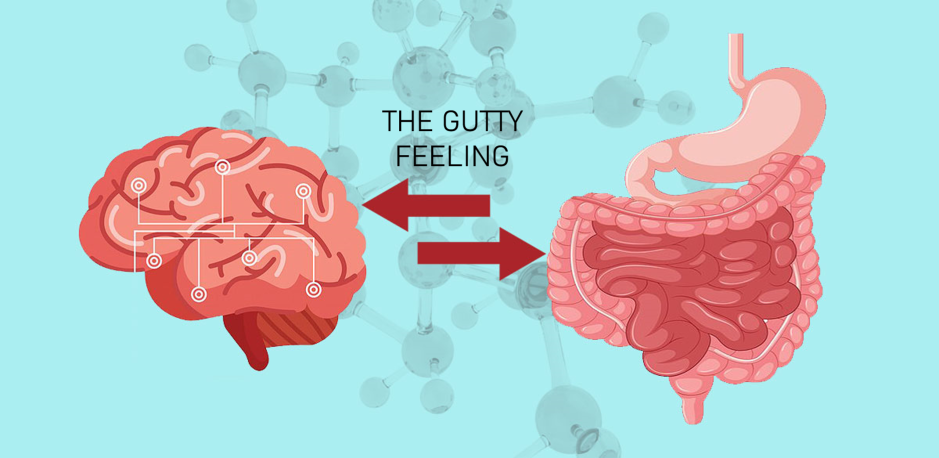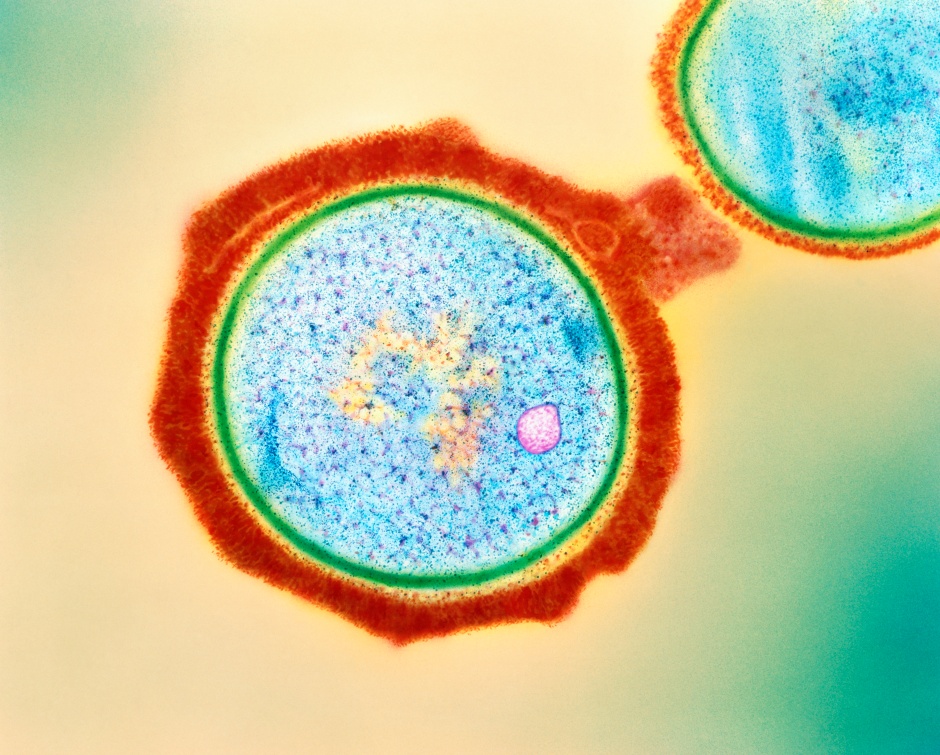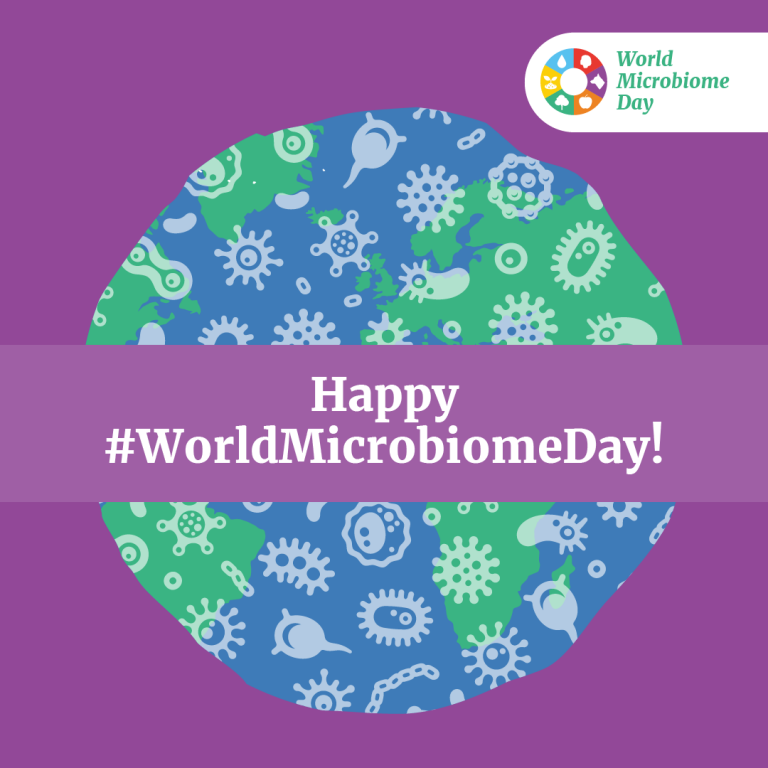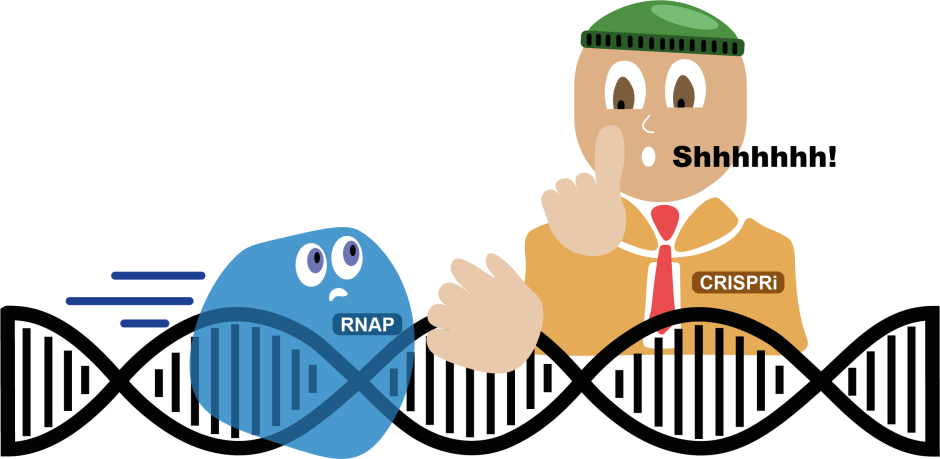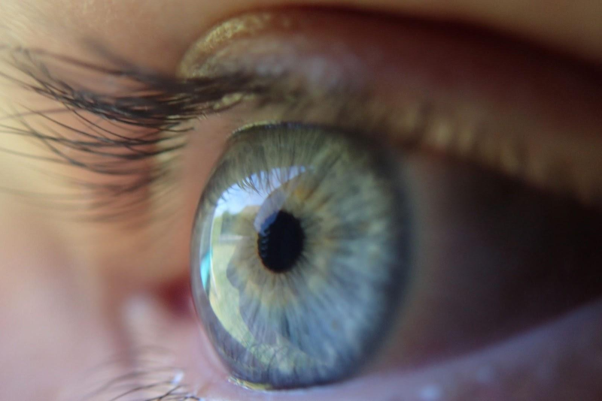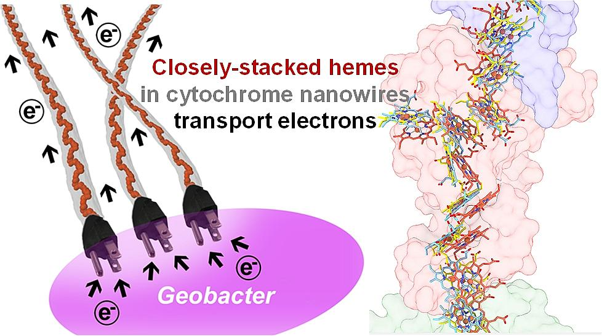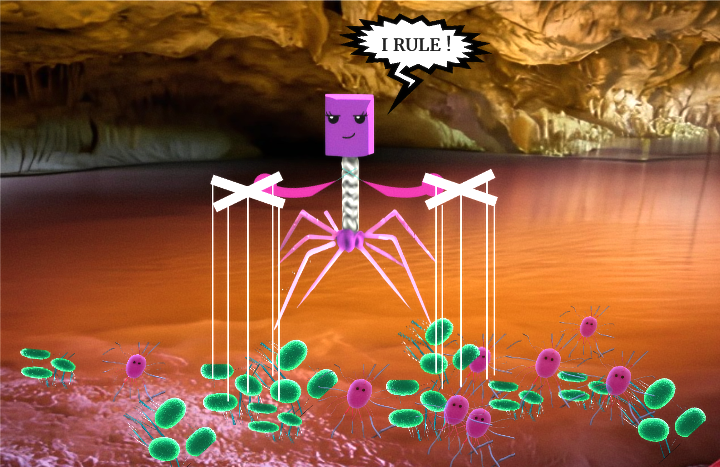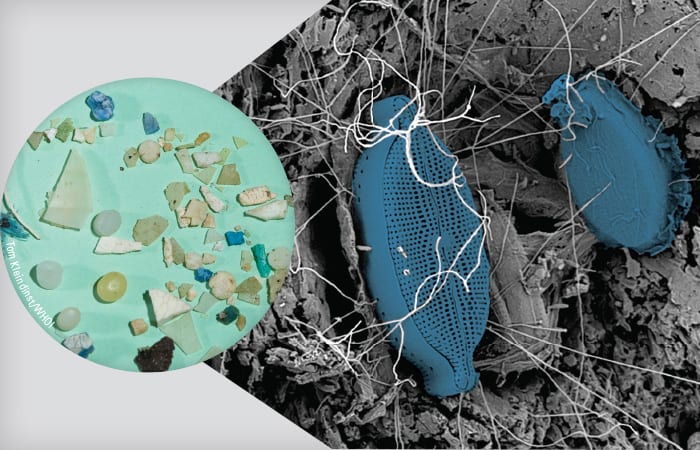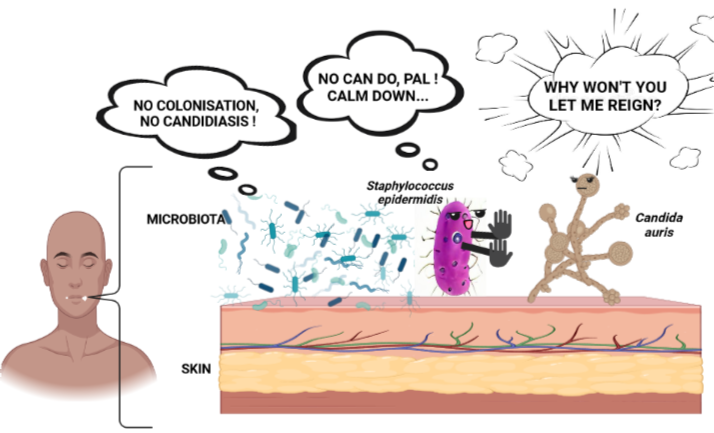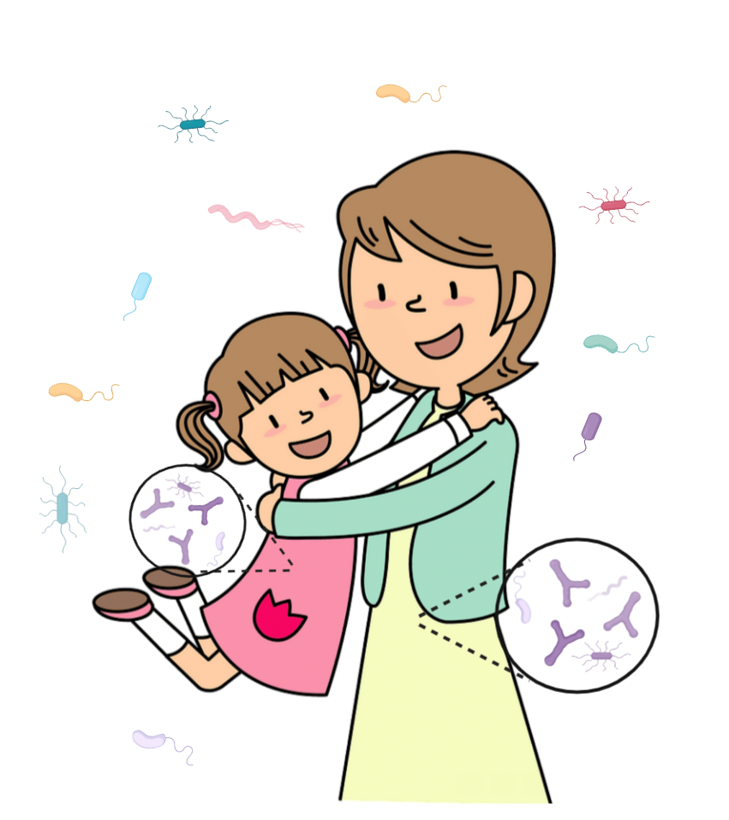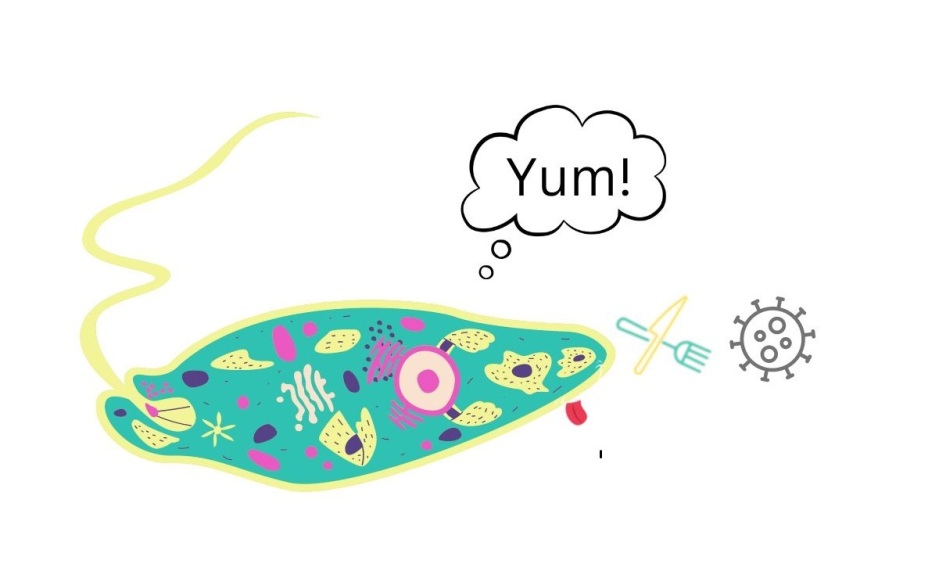
Breaking down the microbiology world one bite at a time
Probiotic Progress for Coral’s Impending Climate Disaster
Coral reefs are complex communities. Corals form crucial alliances with tiny microorganisms which are essential for their health and indispensable for their role in maintaining the health of marine ecosystems. A recent scientific study delves into the microscopic world of coral survival, uncovering the intricate relationships between corals, tiny algae called Symbiodiniaceae, bacteria, and beneficial metabolites that could play a role in a changing world.

In the face of anthropogenic climate change, coral reefs stand at the forefront of environmental peril, with rising ocean temperatures posing a severe threat to their delicate ecosystems. As temperatures continue to climb, corals experience stress-induced bleaching, threatening the foundation of marine biodiversity. In this critical juncture, a groundbreaking avenue of scientific inquiry emerges: the exploration of probiotic solutions to fortify corals against the impending climate disaster. Can we envision a future where strategically feeding coral symbiotic bacteria alleviates the stress inflicted by rising temperatures, offering a lifeline to these iconic marine organisms?
Understanding the intricacies of coral resilience is paramount to strategies in the face of climate change, and at the heart of this resilience lies a fascinating partnership that corals have with a family of organisms known as Symbiodiniaceae. In simpler terms, these microscopic algae are like live-in tenants for corals, providing shelter and nutrients in exchange for a place to call home. This mutually beneficial relationship, termed symbiosis, is crucial for the vitality of coral reefs and extends to other marine organisms, creating interconnected webs of life beneath the ocean’s surface. Delving into the mysteries of this symbiotic alliance unveils the potential for innovative interventions to shield coral reefs from the escalating threats of climate change.
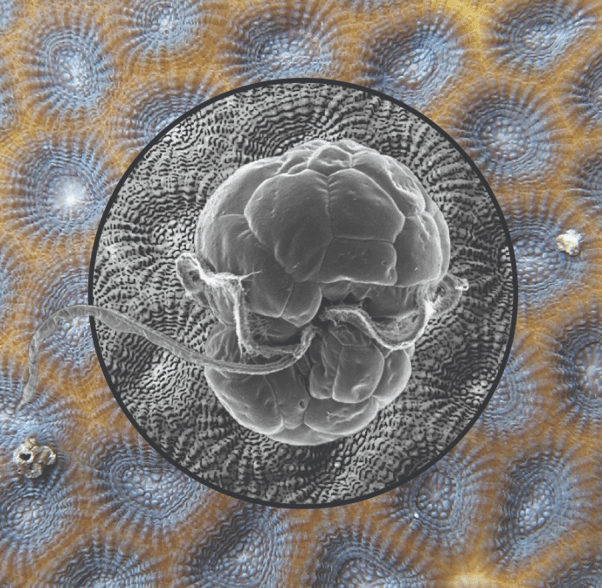
The study reveals that corals rely on a diverse group of bacteria to thrive. The research focuses on the genomic analysis of 49 bacteria associated with the Symbiodiniaceae algae. These bacteria play a key role in the coral’s ability to withstand environmental challenges.
The findings suggest that these bacteria contribute to coral health by producing essential nutrients, such as B vitamins, and acting as antioxidants. B vitamins are crucial for the growth of microalgae, including Symbiodiniaceae, which supply corals with much-needed energy. Additionally, the bacteria may help corals combat the harmful effects of reactive oxygen species (ROS) during stressful events like marine heatwaves. Rising temperatures can elicit Symbiodiniaceae metabolic stress responses, part of which is the generation of oxygen species such as hydrogen peroxide or superoxide. These oxygen species are reactive because they have extra electrons that render them more unstable than other similar molecules. These ROS readily react with other molecules, notably pigments, resulting in the bleaching of coral organisms. Symbiotic bacteria are made beneficial by generating other molecules (termed antioxidants, just like the class of molecules that help us humans) that will interact with the ROS, neutralizing the reactive species before the coral can be damaged. The research in this work supports this idea, finding that all the symbiotic bacteria studied could all generate the antioxidant glutathione for ROS neutralization. Through extensive genomic analysis, they also found other molecules and enzymes associated with ROS scavenging in the genomes of the symbiotic bacteria.
This newfound understanding of the molecular dance between corals, Symbiodiniaceae, and bacteria provides a foundation for innovative conservation approaches, potentially enhancing the resilience of coral reefs against the impacts of climate change. The findings in this work point to the evolutionary importance of B-vitamin synthesis, reactive oxygen species scavengers in the symbiotic ecosystem of coral reefs. This knowledge is helpful as scientists consider innovative ways to support rapidly changing ecosystems. One can imagine “seeding” beneficial bacteria around algae within coral reefs or simply monitoring bacterial growth around corals to predict patterns of growth or damage.
This research opens a window into the microscopic world beneath the waves, showcasing the delicate dance of life that occurs within coral reefs. It emphasizes the importance of preserving these ecosystems and highlights the ongoing efforts to unravel the mysteries of coral biology for a more resilient future.
Link to the original post: Maire J, Philip GK, Livingston J, Judd LM, Blackall LL, van Oppen MJH. 2023. Functional potential and evolutionary response to long-term heat selection of bacterial associates of coral photosymbionts. mSystems e0086023.
Featured image: “Small coral colony” by NOAA’s National Ocean Service is marked with Public Domain Mark 1.0.
